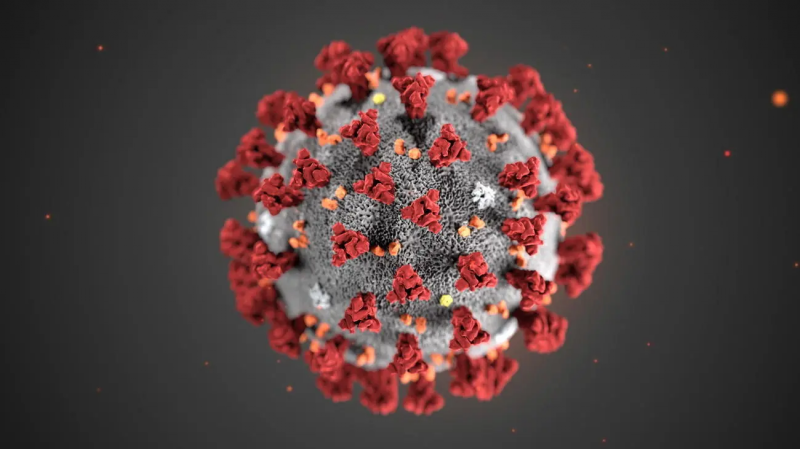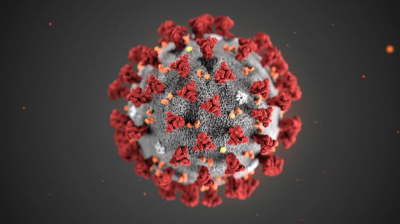A shocking study reveals that even fully recovered individuals from the COVID-19 virus may experience a decrease in intelligence post-recovery, with survivors potentially losing 6 points on intelligence tests, according to the "cidrap" website. The New England Journal of Medicine published a study conducted by researchers at Imperial College London showing that COVID-19 patients recovering from short-term symptoms experienced a mild deficit in memory, thinking, or concentration—also known as "brain fog"—similar to those with longer symptom durations.
The researchers calculated global cognitive scores across eight tasks using online self-reports of cognitive function among 112,964 adults who participated in a study in England, comparing the results of COVID-19 survivors with their uninfected counterparts. The study authors noted, “There is a significant lack of objective data on cognitive performance, and the duration for which these deficits may persist, and which cognitive functions are most at risk, remains unclear.”
The study demonstrated that COVID-19 survivors whose symptoms resolved in less than 4 weeks or at least 12 weeks still exhibited similar mild deficits in cognitive function—the ability to think—compared to uninfected participants. Moderate cognitive decline was observed after infection with the virus, across all variants, including Omicron B.1.1.529. For uninfected participants, cognitive deficits (a loss of 3 IQ points) were noted even among those who fully recovered from mild COVID-19.
Participants with ongoing symptoms experienced a cognitive loss equivalent to 6 IQ points, while those admitted to the Intensive Care Unit (ICU) experienced a loss equivalent to 9 IQ points. The comparison between the unresolved ongoing symptoms group and the uninfected group revealed that memory, thinking, and executive function tasks were most associated with cognitive impairment, with these tasks showing a weak relationship to recent symptoms, including memory problems and brain fog.
Vaccination against COVID-19 provided a small cognitive benefit, while reinfection was associated with an approximate 2-point loss in IQ compared to those who were not reinfected. The researchers stated, “The implications of sustained cognitive impairment in the long term remain unclear and call for continuous monitoring.”
Dr. Jamal Farwaiz, a psychiatric consultant at Ain Shams University, confirmed that COVID-19 can affect memory and concentration according to scientific studies, as it may lead to memory impairment, forgetfulness, and loss of focus. He added that COVID-19 can cause blood clots or thrombosis in the brain, leading to small clots that affect brain function, resulting in memory loss.
He noted that an MRI of the brain helps diagnose any issues related to memory or concentration after recovering from COVID-19. He emphasized that to prevent cognitive problems and memory loss post-COVID-19, COVID-19 patients should receive medications to increase blood fluidity to prevent any clotting in the brain or body resulting from the viral infection.




